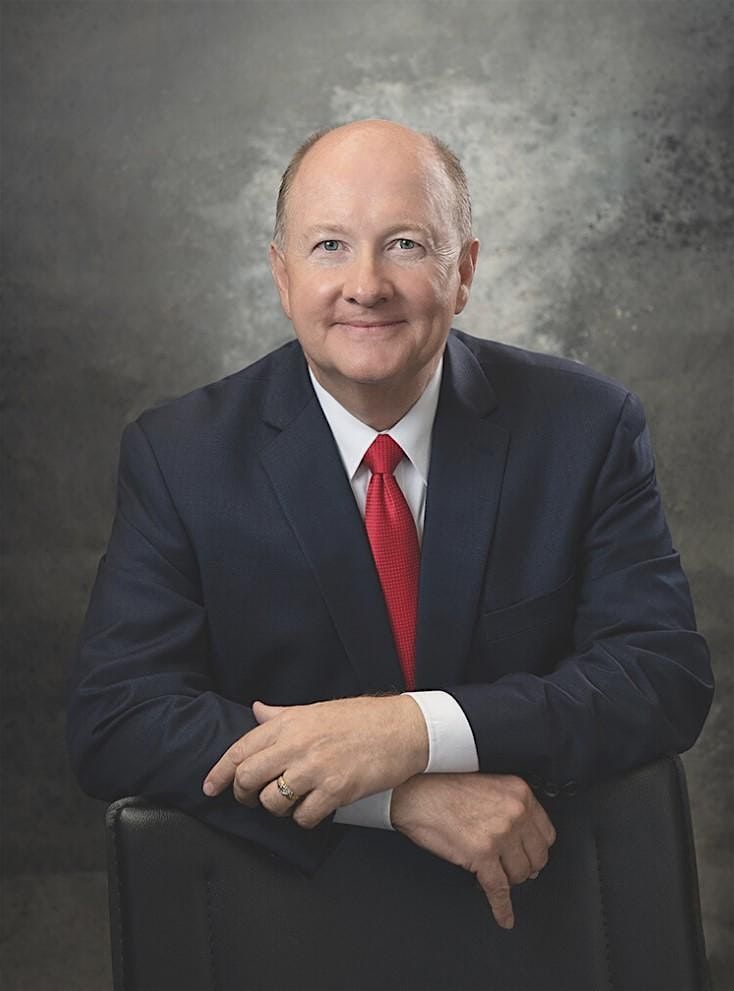
About this Event
Building Resilient Energy for Exhausted Professionals
Abstract:
In today’s high-stress world, emotional exhaustion and mental depletion is a harsh reality across all helping professions. First responders, educators, healthcare workers, and mental health professionals face relentless demands that stretch their emotional bandwidth, often without adequate support or recovery time. This comprehensive training experience will show both the prevalence of burnout across the helping professions while providing neuroscience-based strategies to restore physical energy and mental resilience to those who carry the weight of others' crises.
- First Responders: 30% develop behavioral health conditions like PTSD and depression, compared to 20% in the general population. Within six months, most have witnessed more trauma than the average person sees in a lifetime.
- Educators: 60% of K–12 teachers report burnout, with 44% feeling “very often” or “always” burned out at work. Higher education faculty are not spared 64% report similar emotional strain.
- Healthcare Workers: 46% of U.S. health workers reported frequent burnout in 2022, up from 32% in 2018. Nurses show the highest rates at 56%, with 33% considering leaving their jobs due to emotional fatigue.
- Mental Health Professionals: Emotional exhaustion affects 40% of mental health providers, with depersonalization and diminished personal accomplishment also prevalent. Those in acute wards and community teams are especially vulnerable.
These statistics are not just numbers, they’re warning signs. They reflect a growing crisis of compassion fatigue, moral injury, and systemic neglect. Those who carry emotional and physical pain of a community must have greater support to prevent burnout. Their exhaustion is not a failure of character, it’s a consequence of carrying too much, for too long, with too little support in return.
These professionals are the ones who run toward crisis while others retreat—who teach, treat, protect, and listen when the world is unraveling. Yet behind the badge, the stethoscope, the clipboard, or the classroom door is a human soul stretched too thin by the weight of compassion. Emotional exhaustion and depletion are not a weakness, rather it is part of being a human doing essential work, often without acknowledgment or appreciation. Their work matters, even when they may feel forgotten and alone.
To honor these professionals is to do more than thank them for their service, it is to build systems that restore them. To equip them with the strategies used by ER teams and special forces to replenish them and prevent burnout. That’s what this intensive time of learning will be about, and each participant will receive a detailed workbook filled with neuroscience backed actions to recharge their physical energy and mental resiliency.
Learning Objectives
1. Recognize the Signs of Emotional Exhaustion Across Professions
Identify key indicators of burnout, compassion fatigue, and lack of self-care in educators, first responders, healthcare workers, and mental health providers using current data.
2. Apply Trauma-Informed Support Strategies
Explore practical, evidence-based interventions that promote emotional recovery and resilience tailored to the unique stressors of each frontline role.
3. Build Neurobiological Anchoring and Regulation Techniques
Anchoring rituals stimulate the prefrontal cortex and limbic system, enhancing emotional resilience and reducing amygdala hyperactivation.
4. Develop Healing Rituals for Immediate Integration
Learning psychologically safe skills that incorporate behavioral mapping to support long-term emotional healing over traumatic stress.
About the Trainer: Dwight Bain guides leaders through change with creative strategy as a Nationally Certified Counselor, author and trusted media resource interviewed on over 500 radio and television stations; quoted in over 20 books and 100 newspapers/websites including: New York Times, Washington Post, Orlando Sentinel, FoxBusiness, MSNBC and Yahoo! Dwight’s skill as a communicator led his peers in Toastmaster to select him as one of the best speakers in Florida. He has challenged thousands of audiences toward positive change at organizations like Disney, Toyota, the United States Army, the Florida Department of Education, and the United Way. Dwight is a lifelong resident of Orlando where he lives with his wife Sheila and an assortment of rescue pets. After 30 years together they always have suitcases packed for their next adventure.
*1 CE Credit
Event Venue & Nearby Stays
6601 Central Florida Pkwy, 6601 Central Florida Parkway, Orlando, United States
USD 0.00












